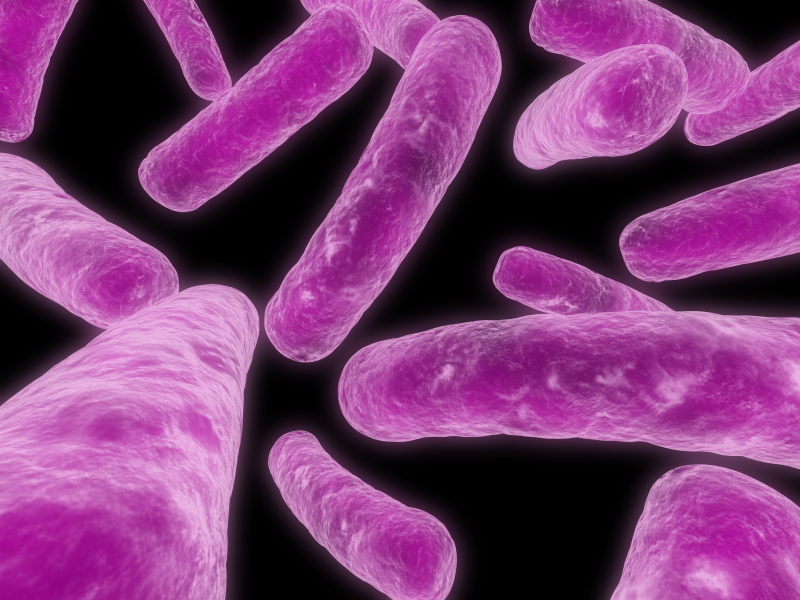The superbug has reached America, but what does that mean?
According to the Washington Post, the superbug is a strain of the bacteria E. coli that is resistant to last resort antibiotic, Colistin. The strain found in the United States is treatable by other antibiotics.
If it can be treated, why is it such a concern?
The Centers for Disease Control and Prevention (CDC) is concerned the Colistin-resistance gene the superbug carries could be spread to other bacteria that cannot be treated with other antibiotics.
If this happens, antibiotics will be rendered useless. “Control of [antibiotic]resistance is a daily problem we face,” said Patricia Burns, infection control manager at St. Elizabeth Healthcare. “Patients can present with an infection caused by bacteria that is resistant to two or even three antibiotics, but in those cases, though concerning, there are usually other treatment options to consider. It becomes much, much more serious when you have no antibiotic treatment choices remaining.”
The worst case scenario is that minor infections becoming life-threatening or very difficult to treat.
How do you get the superbug?
E coli can be transmitted in a variety of ways. One theory is through eating raw or undercooked meats or handling meats with poor hand-washing technique.
“We are aware of what is happening nationally and internationally and are hopeful that we will not see similar superbug cases here,” said Burns. “We continue to work diligently on appropriate antibiotic use and enforcement of isolation precautions when necessary to prevent the spread of disease.”

